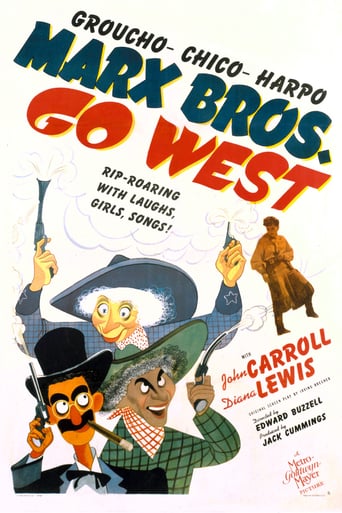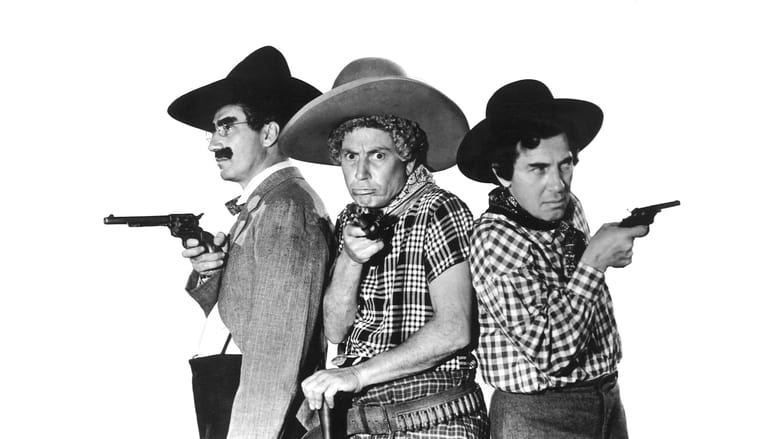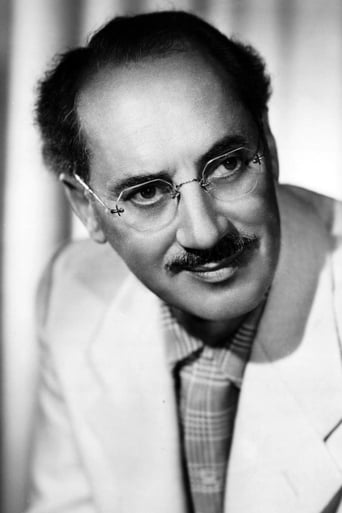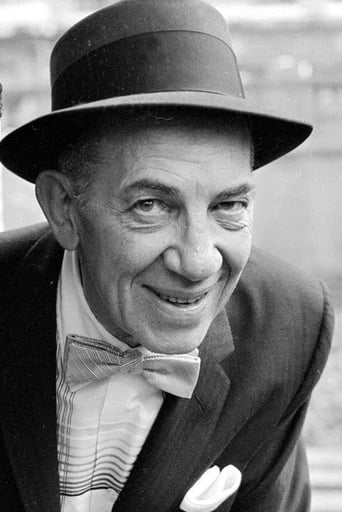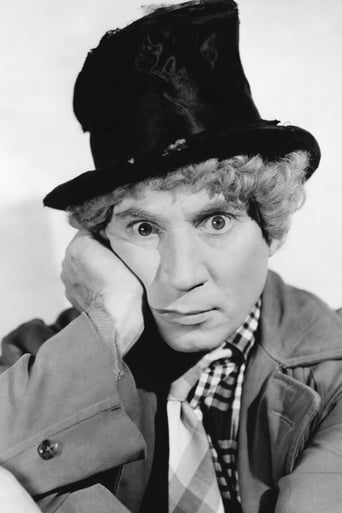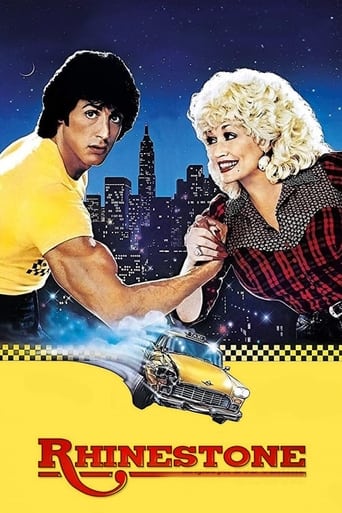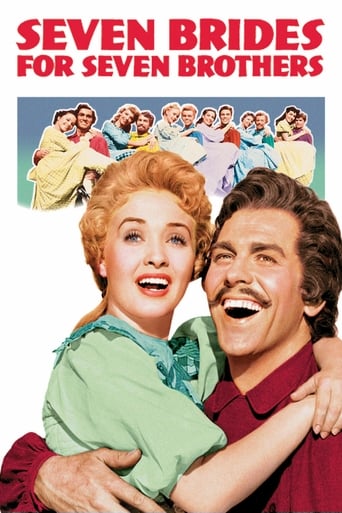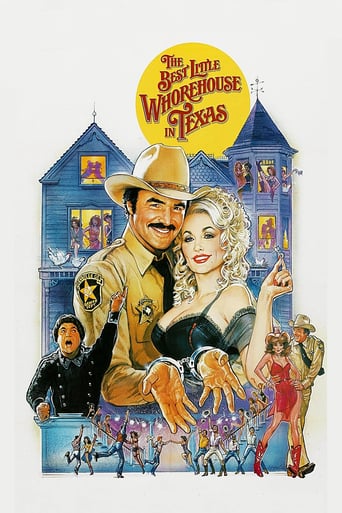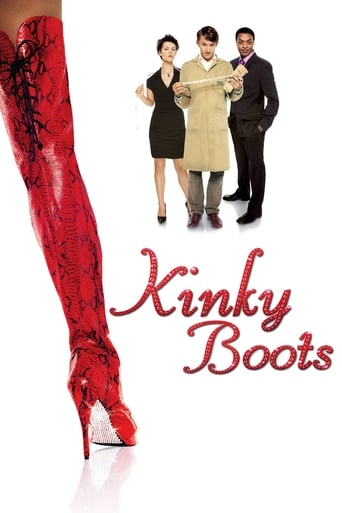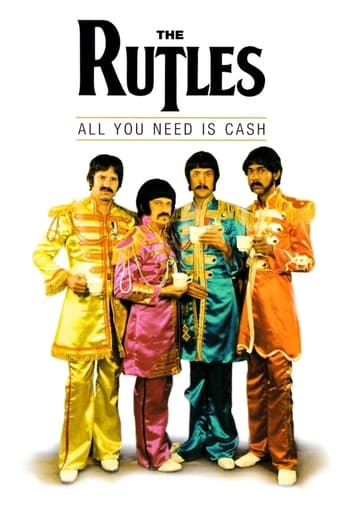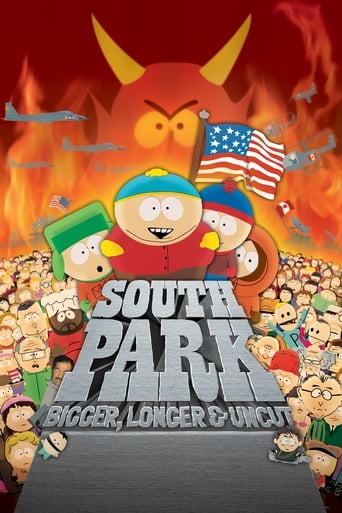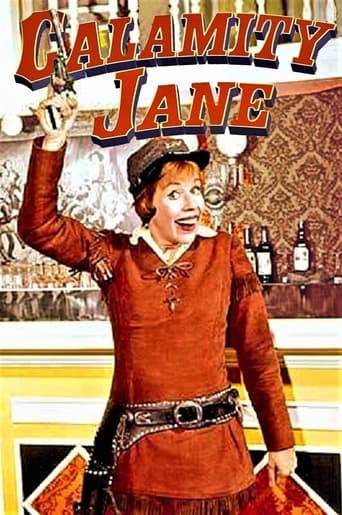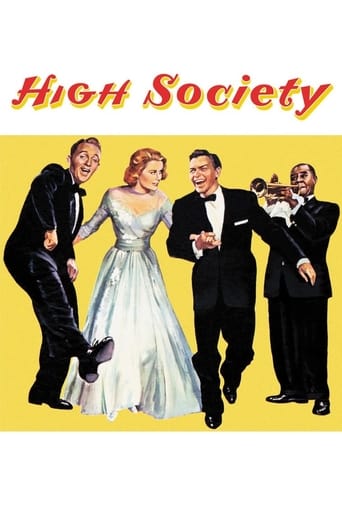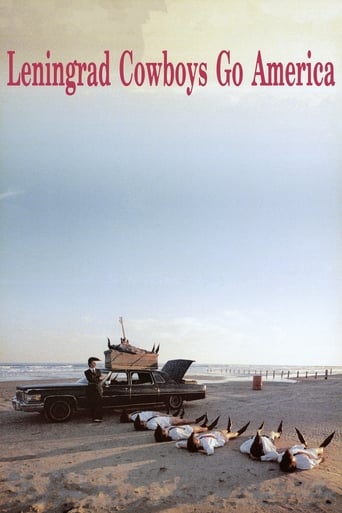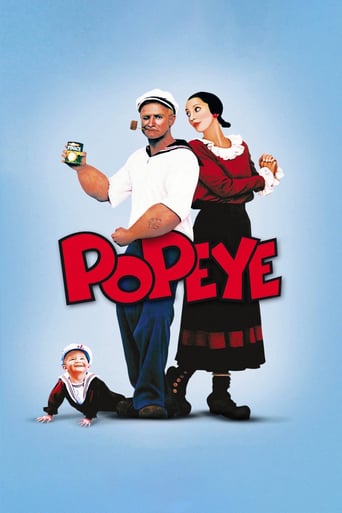Go West (1940)
Embezzler, shill, all around confidence man S. Quentin Quale is heading west to find his fortune; he meets the crafty but simple brothers Joseph and Rusty Panello in a train station, where they steal all his money. They're heading west, too, because they've heard you can just pick the gold off the ground. Once there, they befriend an old miner named Dan Wilson whose property, Dead Man's Gulch, has no gold. They loan him their last ten dollars so he can go start life anew, and for collateral, he gives them the deed to the Gulch. Unbeknownst to Wilson, the son of his longtime rival, Terry Turner (who's also in love with his daughter, Eva), has contacted the railroad to arrange for them to build through the land, making the old man rich and hopefully resolving the feud. But the evil Red Baxter, owner of a saloon, tricks the boys out of the deed, and it's up to them - as well as Quale, who naturally finds his way out west anyway - to save the day.
Watch Trailer
Cast


Similar titles
Reviews
Just perfect...
It's an amazing and heartbreaking story.
One of the worst ways to make a cult movie is to set out to make a cult movie.
This movie feels like it was made purely to piss off people who want good shows
This was the second Marx Brothers movie written by Irving Brecher and directed by Edward Buzzell, after At the Circus. As such, both were full of very funny Marx routines and had many visual gags to match. The beginning with Grouch and Harpo and Chico doing money exchanges is one of the funniest in their career. The train chase at the end was also very funny with some Buster Keaton-esque flavor which shouldn't be surprising as the Stone Face reportedly contributed some of those gags. Once again, it's great seeing Chico playing the piano (with an apple-or orange-he took from Harpo during some of that) and Harpo playing the harp (performing "The Land of Sky Blue Waters" which I didn't recognize as the Hamms beer commercial song since it sounded different here). Oh, and Groucho plays the guitar here, something he didn't do since Horse Feathers, as well as sing a few lines with Chico during a number by one of the romantic leads, John Carroll. Nothing more to say except, I recommend Go West. Actually, I think that was regular screen drunk Arthur Housman in the saloon sequence with Groucho and Harpo which I also enjoyed.
These Marx Bros. features aren't 'movies' in the sense that we understand them today.The idea was to entertain us with the customary skits, fill in the interstices with the peripheral dramatic plot, and provide a platform for Groucho's banter, and for Harpo and Chico's considerable musical talents.To that end, we have an entire scene set in an Indian camp engineered to have Harpo 'discover' a harp (the weaving loom), and captivate the two audiences: the 'indians', and us, the viewers. While he doesn't fail to amaze, it doesn't supersede "A Night at the Opera". But Chico acquits the whole scheme with his piano rags in the saloon - watch how his hands become 'characters'.Also of note is the slapstick 'train chase', constructed in a manner that did Keaton proud, and filmed as a homage to the silent era.
GO WEST (MGM, 1940), directed by Edward Buzzell, capitalizes on the recent popularity of the western genre that began in 1938-39, placing the three Marx Brothers in the old west, circa 1870, shortly before "Don Ameche's invention of the telephone." Although not in the classic western comedy sense as MY LITTLE CHICKADEE (Universal, 1940) featuring Mae West and W.C. Fields, GO WEST (no relation to the 1925 Buster Keaton silent) has something going for it. No, they didn't get to find out how the West was won, nor do the Marx Brothers get to have their frequent foil, Margaret Dumont, sporting western attire and shooting up the town like Annie Oakley. It does, however, provide some fine comical moments that would keep the Marx Brothers and their gag writers from getting lynched by theater patrons.Forward: "In 1851, Horace Greeley uttered a phrase that did much to change the history of the United States. He said, 'Go west, young man, go west.' This is a story of three men who made Horace Greeley sorry he said it." The plot revolves around the deed to worthless property of Dead Man's Gulch acquired by Dan Wilson (Tully Marshall) forty years ago from a crook named Turner. Terry (John Carroll), Turner's grandson, wants to marry Eve (Diana Lewis), Wilson's granddaughter, and in order to put an end of the Wilson-Turner feud and amend his grandfather's thievery, he requests the executive board of the New York and Western Railroad Company to link Cripple Creek to the Pacific by ways of Dead Man's Gulch so that Wilson will get $50,000 for his property. Because Wilson is in need for $10 to buy a grubstake, his helpers, the Panello brothers, Joe (Chico) and Rusty (Harpo), who have come west digging for gold, offer him the money. As security for the loan, Wilson signs over his deed to them. While at the Crystal Palace Saloon in Birch City, Rusty steals a keg of beer to quench his thirst. In order to pay for the 10 cent drink, Joe signs an I.O.U. over to "Red" Baxter (Robert Barrat), the town boss, unwittingly on the back of Wilson's deed. Baxter places the deed in his cash register so he and joint-owner John Beecher (Walter Wolfe King), who's to arrive in town, could sell it to the railroad company at their asking price. Beecher intends on buying the deed for $500 while S. Quenton Quale (Groucho), a representative and embezzler, offers $10,000. Realizing his error, Joe has Rusty retrieve the deed from Baxter's cash register, giving it to Quale for his asking price and offer the money to Wilson's granddaughter. Quale intentions on cheating the Panello brothers backfires when Baxter and Beecher join forces and cheat him instead. They get the deed, with Baxter putting it in his safe. The method of how Quale, Joe and Rusty retain the deed remains to be seen.On the musical program: "You Can't Argue With Love" by Gus Kahn and Bronislau Kaper (sung by deep-voiced June MacCloy); "The Woodpecker Song" (piano solo by Chico); "Beautiful Dreamer" by Stephen Foster (sung by Diana Lewis); "Ridin' the Range Together" by Roger Edens and Gus Kahn; (sung by John Carroll); and "From the Land of the Sky Blue Water" (harp solo on loom by Harpo on Indian reservation) by Charles Wakefield Cadman.Placing the Marx Brothers in a western setting is a welcome change of pace. Even Chico abandons his traditional pointy hat, until the latter half of the story anyway. Although amusing, the good guys vs. the bad guys over a deed was handled so much better when Laurel and Hardy did it WAY OUT WEST (1937). GO WEST is not a bad movie, but should have been better. It shows great promise with its hilarious ten minute opening at the train station where wiseacre Groucho is outsmarted by Chico and Harpo for money (Chico: $9 change please), and redeems itself from prior weakness near the finish with its 15-minute Keystone comedy type locomotive race against time as the wild bunch take over command as engineers with Groucho yelling "Timber" to acquire more wood for the steam engine. There's a great bit with Harpo hanging on between two railroad cars and slowly stretching as the coaches grow further apart. Other comic supplements, ranging from good to average, include Groucho and Chico's flirtation with Baxter's saloon gals while Harpo ("that redhead is a demon" quotes one of the floozies) in the next room searches for the stolen deed before dynamiting Baxter's safe. One scene worth noting having Groucho getting slickered by Baxter and tripped down a flight of stairs (as in A NIGHT AT THE OPERA), thus, making him the laughing stock of the town, actually takes away from his traditional character who used to make fools of the villains. Unlike their earlier MGM efforts, the romantic subplot, enacted by John Carroll and Diana Lewis, doesn't take too much time away from the brothers to make this 80 minute comedy drag. Aside from the Marx Brothers assisting a young couple in need, and showing the tender side of their nature by comforting Wilson's granddaughter after learning the outcome of her grandfather's deed, GO WEST might have misfired altogether had it not been for the aforementioned opening and closing segments. What a shame that the not-so-memorable moments prevented GO WEST from becoming the greatest western satire of all time.Distributed on video cassette in the late 1980s by Turner Home Entertainment, GO WEST, currently available on DVD, can be seen on Turner Classic Movies, so saddle up partners and have a rootin- tootin' time with those three dudes, the Marx Brothers.(***)
The most significant thing about Go West is that Buster Keaton was an uncredited writer on this film. He also was on A Night at the Opera but the Keaton touch is more difficult to discern there.The Marx Bros. have a reputation as verbal comics (Harpo excluded, of course), but one must note many of their best scenes are visual. The mirror sequence in Duck Soup is the prime example. Others include the unpacking scene in A Night in Casablanca, the "massacre" that ends Animal Crackers, large parts of the football game (and the final marriage scene) in Horse Feathers. Even something as minor as Groucho flicking ashes into a call pipe to the engineers of the ship in Monkey Business shows just how important the visual can be, even for Groucho.Keaton, of course, was virtually 100% visual. Occasionally there are subtle jokes in the subtitles of his films (His "Can you describe it?" to a woman looking for a lost dollar bill in Sherlock Jr. is an example), but that's about it.What this means is that a Marx Brothers film partly written by Buster Keaton is not a combination of irreconcilable ideas. Keaton's contributions here do not become crystal clear until the last 15 minutes of the film, the climactic train chase.There are lots of similarities between gags from Our Hospitality (the train leaving the track yet still running), Steamboat Bill Jr (Harpo escapes being run over as the train with a house stuck on the front comes at him by opening a front door, then opening a back door, calling to mind the falling building facade Buster faced in the earlier film) and, of course, the General (chopping up the train for firewood), but the thing that's most noteworthy about The General is just how long Keaton can sustain a chase (it virtually runs the entire film), and the Go West sequence is marvelously sustained comedy.The Big Store also has the Brothers doing physical shtick, but the absence of the surreal makes them look like nothing more than slightly more sophisticated three stooges. They are not three stooges here. Harpo uses the wheel of the train to sharpen an ax, kerosene instead of water is used to douse an engine's fire resulting in it taking off at hyper speed, Groucho is buried beneath an avalanche of popcorn put in the train's fire as fuel. Something like watching the train go off the track and then go into a circle as merry-go-round music plays just seems like pure Keaton and pure Marx.Although not Duck Soup (what is, other than Duck Soup?) the film to me is the best thing they did between A Night at the Opera and A Night in Casablanca. Groucho's character is more along the lines of his Paramount persona than his avuncular Day at the Races one. He finally seems totally unfettered again. Harpo, too, is unfettered (although maybe it would be better to say unleashed). He's given a large number of bits where he's not depending on Chico or anyone else to bring off the gag. And Chico seems almost as delightfully corrupt as he is in the Cocoanuts.The film is slowed by a few too many musical numbers, too much of a sappy romantic subplot about families in feuds. and the scenes among stereotypical Native Americans are diminished by a few too many "ugh"'s and references to "the red man." Yet the pacing is fast enough, and delivery and lines sharp enough, to keep all the balls up in the air to the end. This is the first film since Duck Soup to unequivocally seem like the Marxes as they would play it in a Paramount film (A Night in Casablanca would be the last).And this is all lead-up to the final train sequence which, as any climax must be, is the best one of the film.More than the scene in Limelight where Keaton and Chaplin do a comedy routine (an opportunity Chaplin seems to have tossed with mediocre gags), Keaton's working with the Marx Brothers is a remarkable moment in film history, and one that worked well enough to redeem alater comedy of the Marx Brothers.

